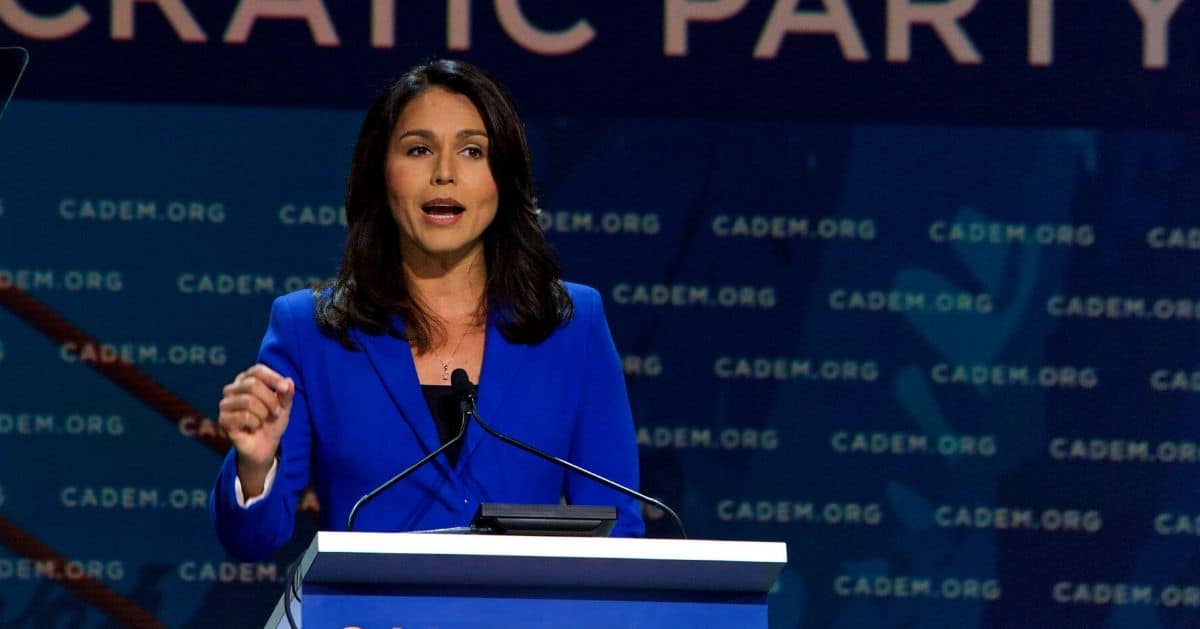






During the 2024 Dealbook Summit, former President Bill Clinton opened up about the recent pardon issued by President Joe Biden for his son, Hunter Biden.
Town Hall reported that Clinton highlighted the differences between Joe Biden's pardon of Hunter and his own pardon of his brother, Roger Clinton.
At the summit, Andrew Ross Sorkin, a well-known interviewer, shifted the discussion towards a sensitive topic: the pardon of Hunter Biden by his father, President Joe Biden. This topic had stirred conversations among attendees even before the interview began.
Clinton drew parallels between the pardon given to his brother Roger, after serving 14 months for a drug-related offense at the age of 20, and Biden's pardon of Hunter.
He pointed out that his brother's sentence followed his cooperation with law enforcement to dismantle a larger criminal enterprise.
He underscored that, unlike his brother, Hunter Biden's circumstances would likely have led to more severe consequences if he were not the president's son.
Bill Clinton expressed his views on the nuances of both cases. He urged the public to carefully consider the specific details and context of Biden's decision before forming judgments.
Clinton quoted during the interview, "Well, I think that the president did have reason to believe that the nature of the offenses involved was likely to produce far stronger adverse consequences for his son than they would for any normal person under the same circumstances."
This statement emphasizes the potential disparity in treatment between private citizens and those in higher echelons of power.
Earlier in the summer, President Biden had publicly stated that he would not pardon his son. This statement, Clinton remarked, might weaken the justification behind the eventual pardon.
"I wish he hadn’t said he wasn’t going to do it. It does weaken his case," said Clinton, highlighting the impact of Biden's initial public commitment on the perception of his final decision.
The discourse surrounding these high-profile pardons draws attention not only to the individuals involved but also to the broader implications of justice and equity.
Sorkin's decision to ask Clinton about the pardon reflects the media's interest in controversial decisions by current and former presidents.
"This was not on my plan originally, but I thought — you know what? Everybody, we were out in that hallway, we’re all talking about that, and I said, ‘I’m going to ask the president first,’" Sorkin explained during the interview.
This spontaneous shift in the interview's focus underscores the unpredictable nature of public interest and media reporting.
Clinton's reflective comments provide insight into the difficult decisions faced by presidents when their personal connections to legal cases emerge.
He detailed his brother's involvement in legal troubles and his subsequent testimony, which contributed to a larger investigation, drawing a complex picture of personal wrongdoing and public responsibility.
Through these comparisons, Clinton sheds light on the delicate balance of justice, public opinion, and the personal burdens carried by those in power.



